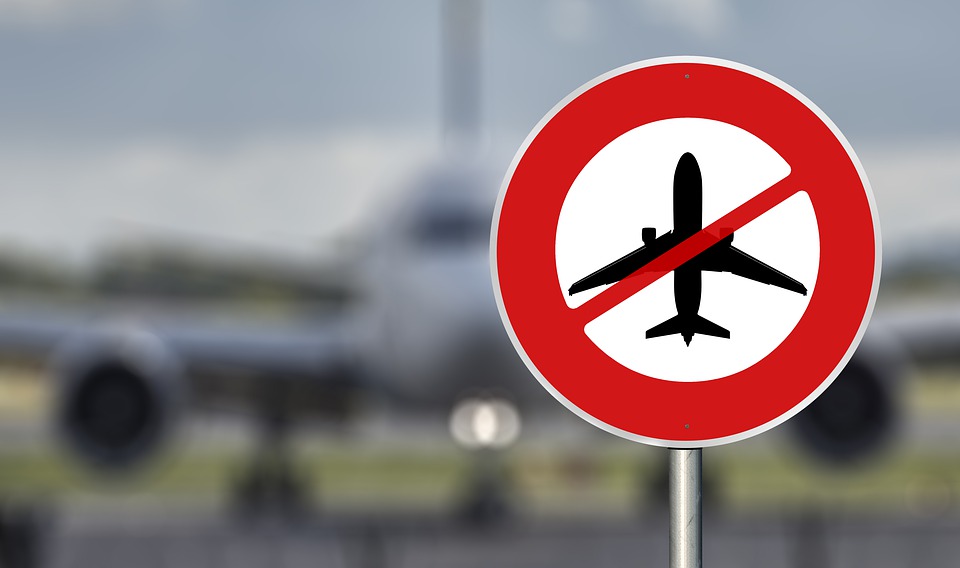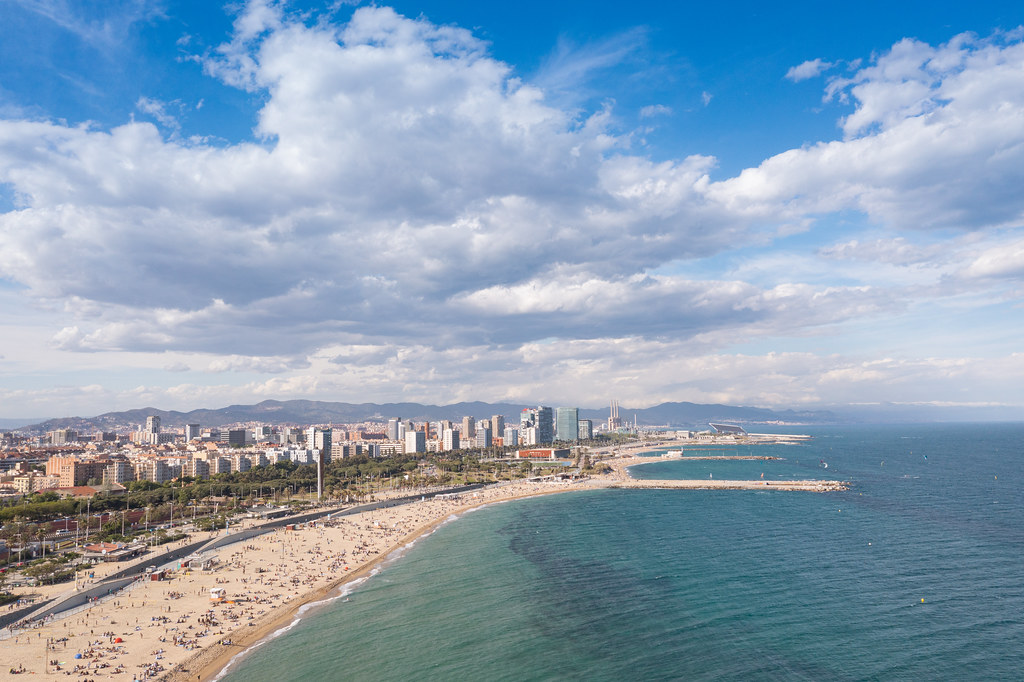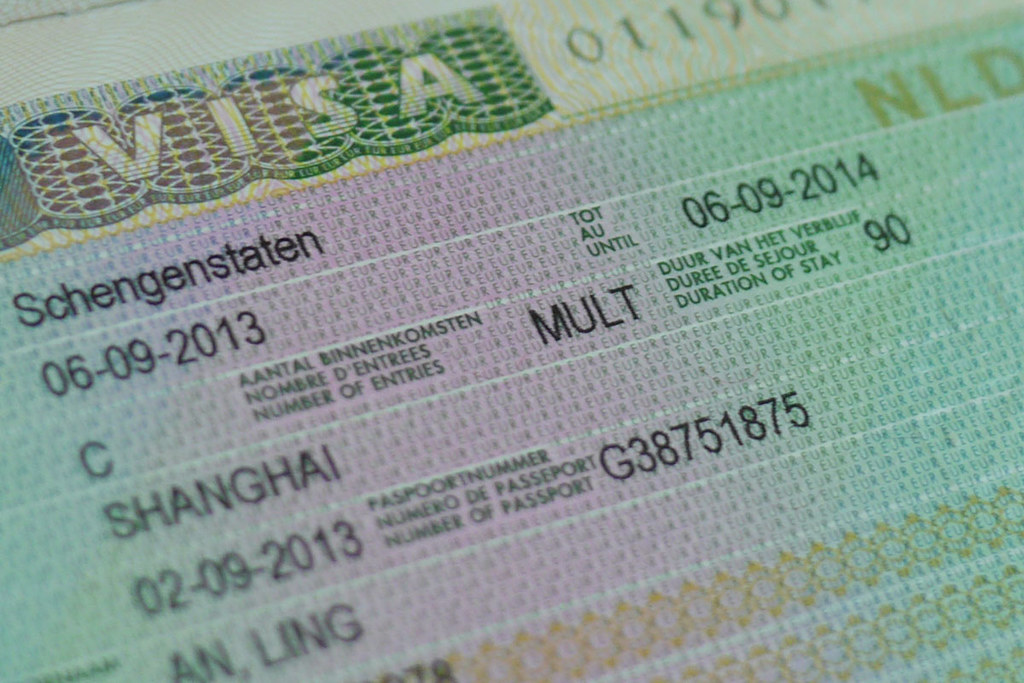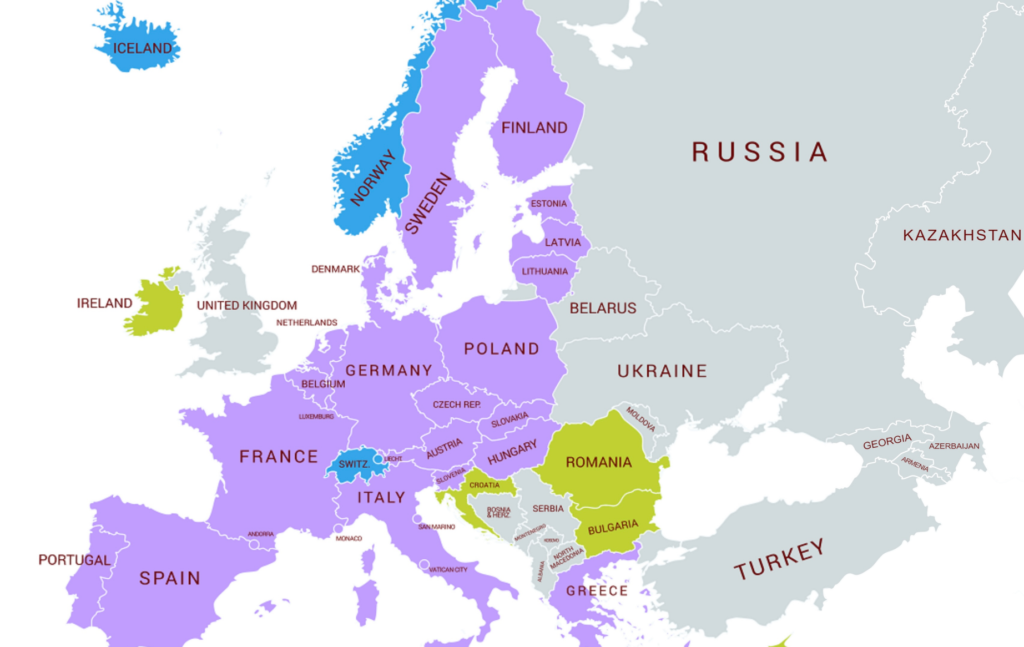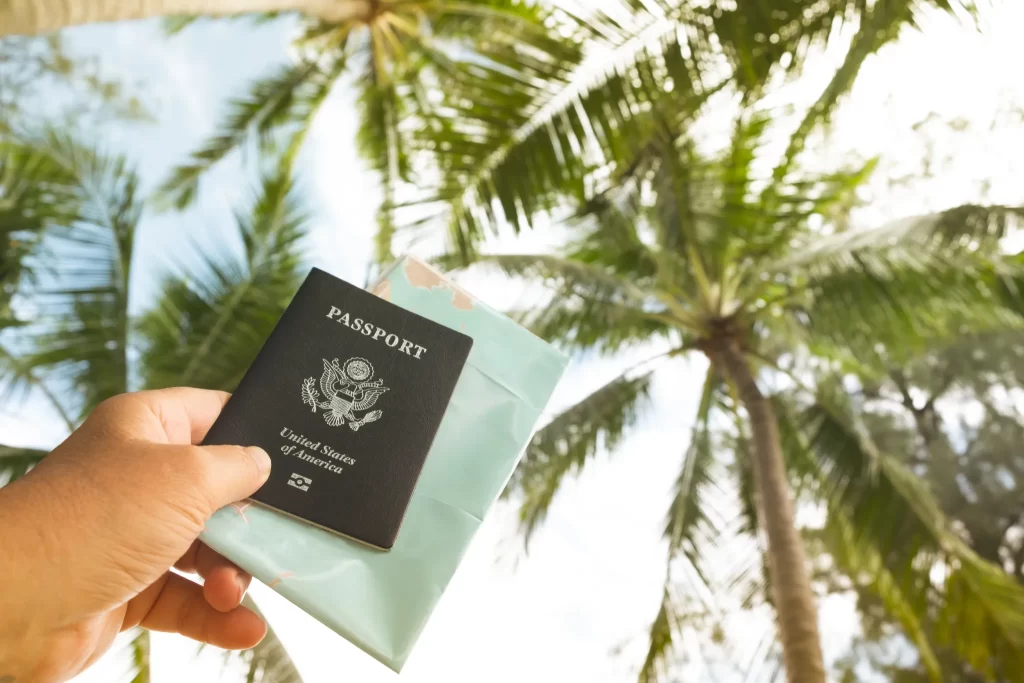A proposed Schengen Area entry ban may soon impact Russian nationals who have participated in the war against Ukraine. Interior ministers from Poland, the Baltic states, and the Nordic countries met on June 19 to discuss new border control measures aimed at strengthening regional security and limiting entry to individuals involved in active military operations.
The move reflects growing concern among Schengen member states about national security risks posed by Russian citizens with direct involvement in the conflict. These countries are pushing for a coordinated approach to keep such individuals out of the 29-country free travel zone.
The proposed restriction would specifically target Russian nationals who have either fought in Ukraine or are suspected of supporting military actions in the region. While no final agreement has yet been reached, the countries involved are working toward implementing a shared security protocol across their borders.
Poland has been particularly vocal in advocating for stricter controls. Along with its Baltic and Nordic allies, the country has emphasized the importance of maintaining a safe and secure Schengen Area amid ongoing geopolitical tensions. This initiative follows broader European efforts to isolate Russian military influence and prevent potential threats from crossing into EU territory.
If enacted, this policy could significantly affect Russian citizens attempting to travel for tourism, business, or transit through the Schengen zone. It is expected that authorities would apply the ban through visa denials or border rejections, especially if an individual is found to have military links.
Officials have yet to release detailed criteria for how individuals would be identified or what evidence would be required to support the ban. However, the countries involved are reportedly cooperating with intelligence services to establish secure identification methods.
The Schengen Area has faced several challenges since Russia’s invasion of Ukraine in 2022. Many member states have tightened visa rules for Russian nationals, with some suspending visa agreements altogether. The latest talks signal a further step toward restricting access for individuals tied to the war effort.
This proposed ban could mark one of the most unified regional responses in Europe aimed at countering Russian military actions without direct military engagement. More details are expected in the coming weeks, depending on how talks evolve and what level of EU-wide support can be secured.


